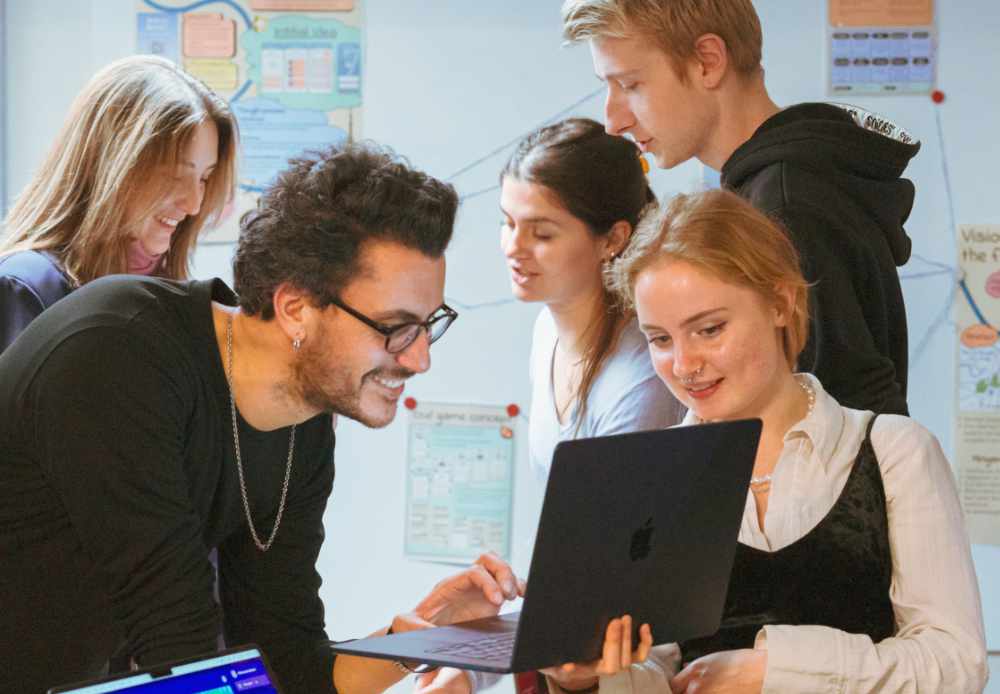
Interaction
Design B.A.
This program within the fast-changing discipline takes future designers on a journey that explores the look, feel, and behaviour to create positive experiences through technology.
The Interaction Design Bachelor’s program is fully taught in English.
DesignSchool at
CODE
At CODE University, Design School is the hub of creativity. Here we build things and services for a better future by using design as a tool. Our doors stand wide open, welcoming every CODE student to explore the boundless opportunities within.
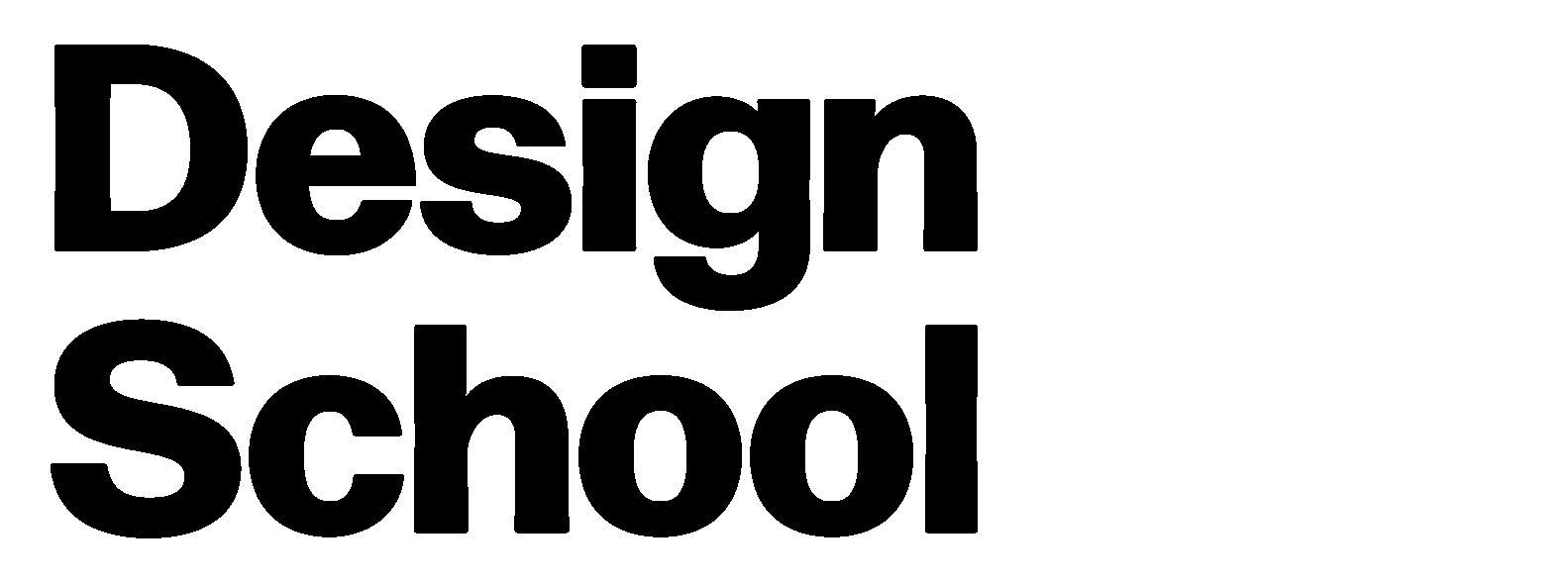
APPLY FOR
2024-2025
At CODE we want to attract the most talented and passionate students, not the most privileged. In our admission process, we aim to challenge your drive and curiosity.
Interaction Design
Interaction Design is not merely concerned with aesthetic choice. It is instead based on an understanding of users’ desires, needs, motivations, context, constraints, social and psychological factors to design a user experience in which technology has a role. While designing the system behavior the interaction designer has the responsibility for the user satisfaction with the product or service.
Aligned with emerging insights in the discipline, the focus is no longer on the digital product or service itself but instead on the experience mediated through the technology. Aspects of aesthetics and form are crucial for any digital product regardless if the interface is digital or physical.Aligned with emerging insights in the discipline, the focus is no longer on the digital product or service itself but instead on the experience mediated through the technology. Aspects of aesthetics and form are crucial for any digital product regardless if the interface is digital or physical.
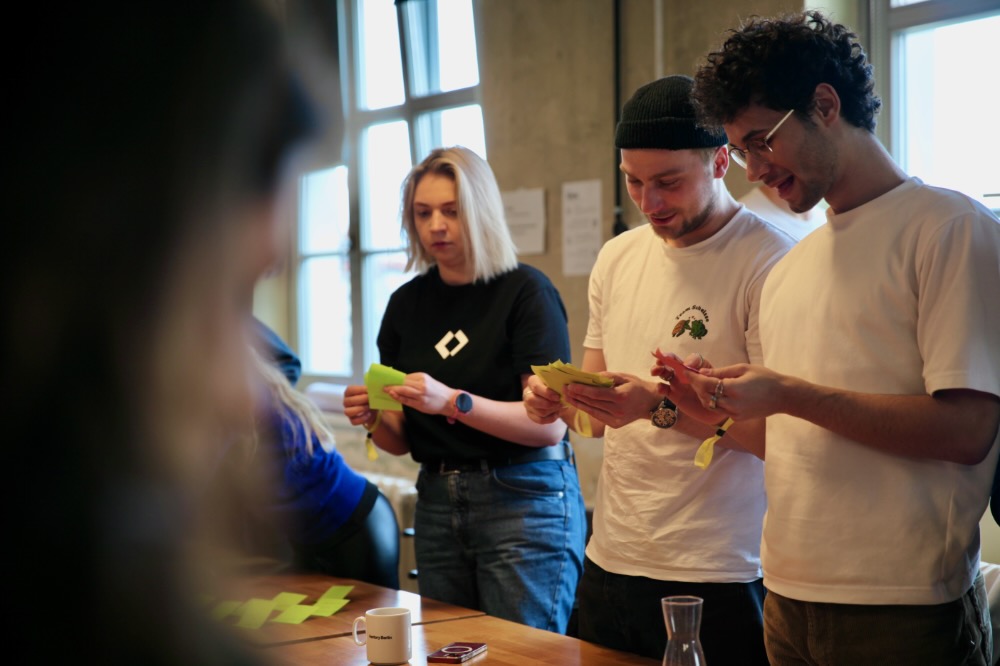
Pathways in design
Opt for one of our pathway tracks to pursue a focused direction, or select the Generalist path if you prefer exploring a variety of modules without committing to a specific trajectory.
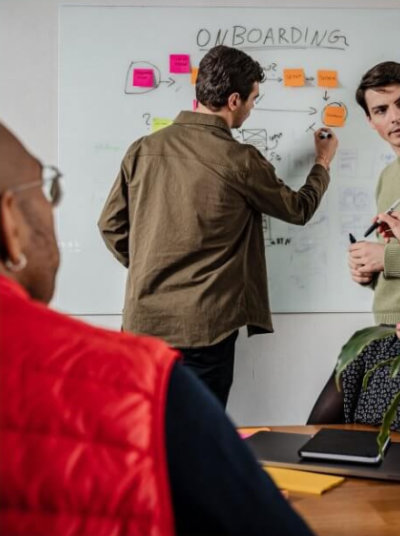
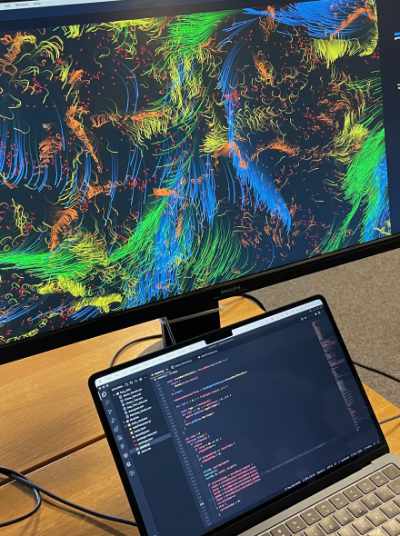
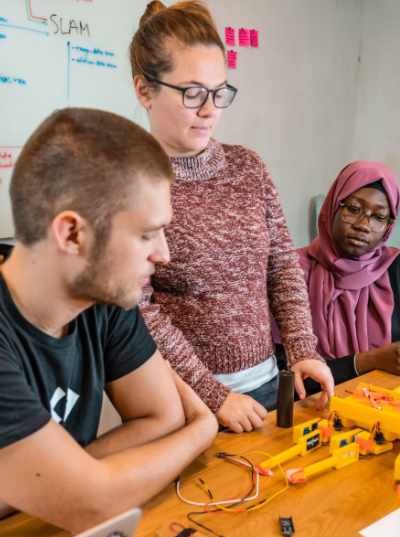
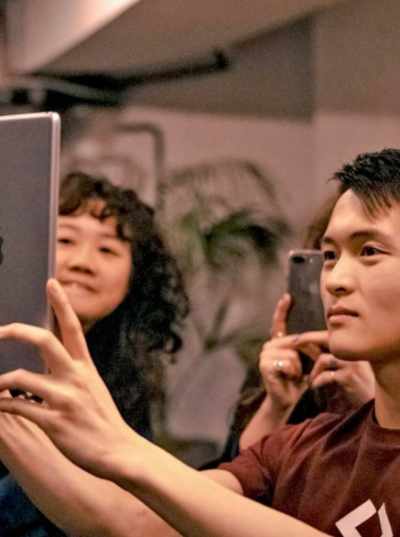
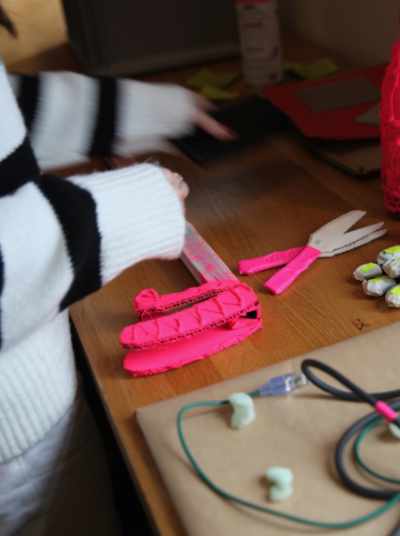
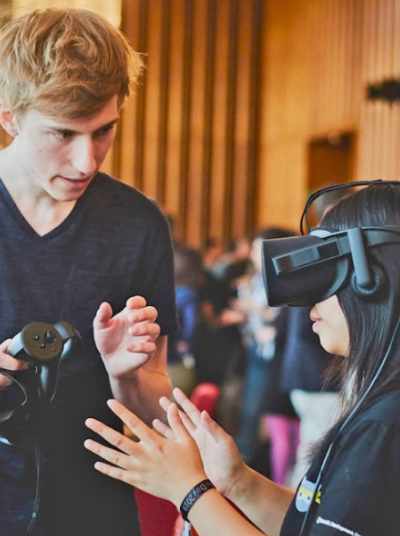
Digital Media Design
In the Digital Media specialisation, you will explore the fundamental principles of digital media creation. With an emphasis on hands-on learning and practical application, you will gain a deep understanding of how to leverage technology to bring their creative visions to life and how to blend creativity with technology, focusing on graphics, animation, and tangible objects.
You will engage in hands-on projects involving graphic design, video production, and digital storytelling together with other students. Delve into user-centered design principles to create compelling digital media experiences and become proficient in the art of visual communication, creating captivating digital media content that resonates with audiences across various media.
Artificial Intelligence in Design
The Artificial Intelligence Design specialisation focuses on the integration of artificial intelligence and machine learning into the design process. You will learn to leverage AI to enhance creativity and problem-solving, explore AI-driven design tools, develop AI-powered prototypes and understand how AI can analyze user data to inform design decisions.
Upon graduation, you will be proficient in using AI to streamline design processes, generate data-driven insights, and create innovative solutions that adapt to user needs.
IoT Design
The Tangible Interactions specialisation explores the intersection of physical and digital design. You will learn to design interactive and tangible experiences that bridge the digital and physical worlds.
You will work on projects involving tangible user interfaces, physical computing, and interactive installations and will experiment with sensors, actuators, and creative materials to design embodied, interactive experiences.
As a graduate of this specialisation you will be skilled in creating immersive and engaging tangible interactions, pushing the boundaries of design by integrating the digital realm with the physical environment.
Ui / Ux Design
The UI/UX Design specialisation focuses on user-centered design to first understand users’ needs in order to create effective, accessible and visually appealing digital interfaces. You will acquire foundational knowledge to form their design decisions in terms of visual and navigation design, learning design processes to design UI/UX in creative and professional ways.
You will learn methods to define user flows, structure information architecture, and create a visual design that not only fulfil the users’ needs but are also pleasant to interact with. You will engage in discussions to critically analyse design trends, acquire hands-on, practical experience on user evaluations and will work on improving the user journey and enhancing the overall user experience of interactive products.
Digital Product Design
You will build a solid foundation in designing digital products and services. This specialisation emphasises methods of user-centered design, such as a brand design processes, prototyping, and user evaluation.
Upon completing this specialisation, you will be equipped with the skills to craft meaningful digital products and services that solve real-world, complex problems, combining aesthetics with functionality which follow a clear vision. You will develop the skills to put the user at the center of your designs to create useful and effective product
The Generalist Path
The generalist path focuses on all areas of user-centered design, from research and users’ needs to the final service. You will acquire foundational knowledge to create services that are needed and build above user satisfaction in creative and professional ways.
This journey will equip you with skills to gather and synthesise user data, develop initial concepts, and deliver polished services. Engage in in-depth discussions to scrutinise design trends, gain hands-on experience with user evaluations, and refine the user journey to enhance the overall interactive product experience.
Find the next CODE Open House Day->
Modules
Our Interaction Design program offers a comprehensive set of modules. You may either choose a specialization where you follow a curated series of modules designed to hone your expertise in a specific domain, or the Generalist path, which provides the liberty to customise your module selection and explore a diverse range of topics in the field.
Choose from modules and courses such as: Ai for design, Design Methods, Composition, Screen Design and Navigation, Sound Design, Generative Design, Animation, Service Design, Physical Interfaces, Infographics and many more – you can even choose courses from other Bachelor programs. Find out more in the module hand book, available to download.
Competencies
Interaction designers have a strong grasp of human-centred design processes, digital (and analogue) methods and tools used in the field.
You will develop the capacity to creatively experiment, rapid prototype from low-fidelity sketches to pixel-perfect mockups and validate ideas towards final solution. The experience will lead you to develop empathy and awareness, a tactile sense for aesthetics, and understand user-friendliness. As part of the interdisciplinary learning model you will learn to collaborate in diverse teams, engage with different stakeholders and confidently present your work to an audience. To be prepared in industry, you are expected to create an alignment between customer needs, product strategy and your design solution. Interaction design is not just about the visual but also about intangible experiences. You are responsible for designing the interfaces between humans and technologies.

Students
Our student community is a dynamic fusion of over 80 nationalities, each student bringing their unique perspective to our innovative community. More than just learners, they are digital pioneers and future tech leaders, actively shaping the technological landscape. Embodying a growth mindset, they view every project, collaboration, and challenge as an opportunity to evolve, innovate, and push the boundaries of what’s possible.
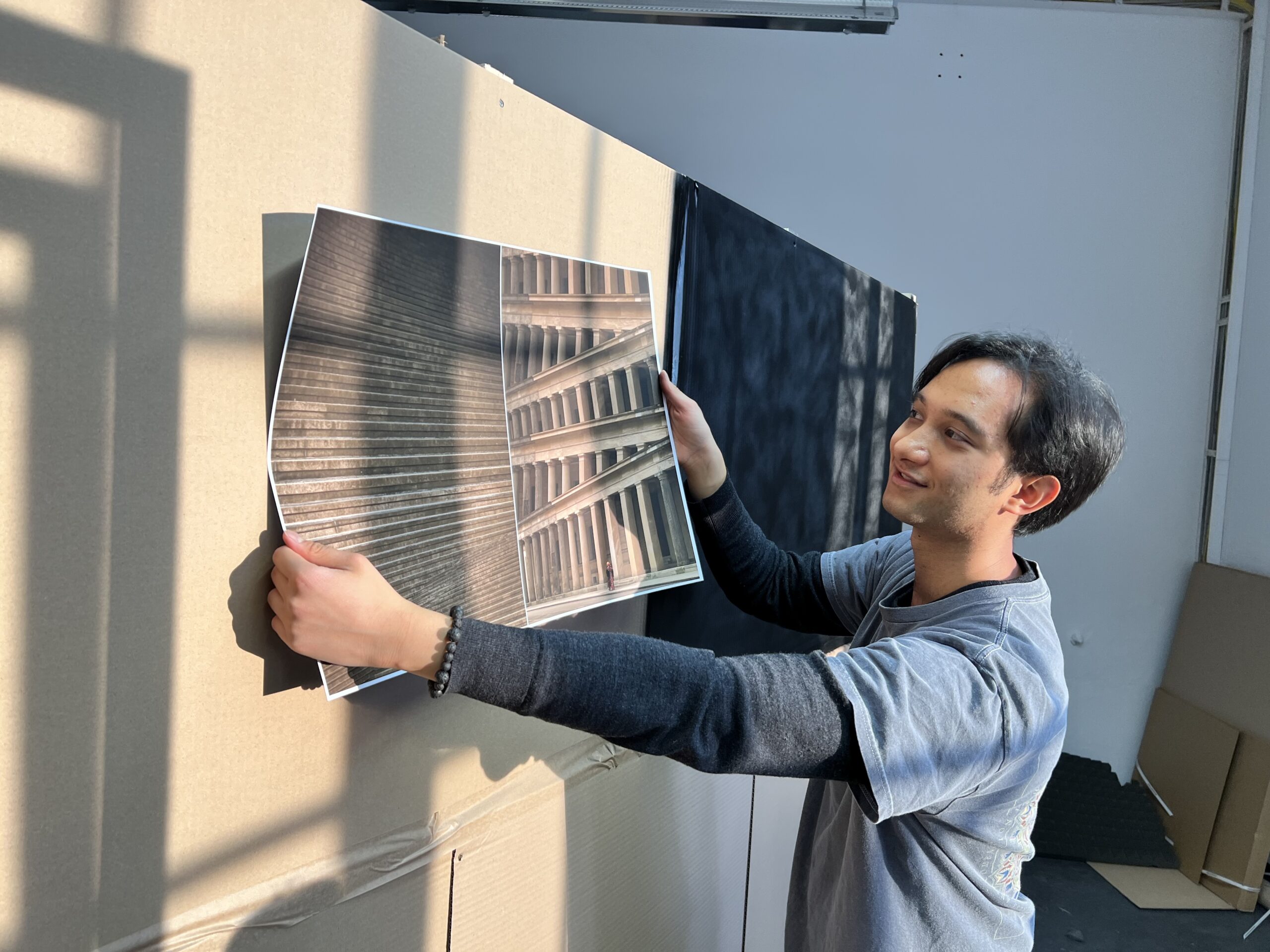
Adib Santos
Design Student
I’m Adib, moved from Ecuador to study ID at CODE three years ago. During this time I’ve developed a deep interest in research, understanding a problem space and ideating on potential solutions. Looking forward I want to increase my skills in UX, User research, motion design and photography.

Mercedes Torrendell
Design Student
As a CODE student, I thrive on problem-solving and find immense creativity in programming. Yet, beyond the digital realm, my heart has always been drawn to the analog world, particularly through photography. Exploring the concept of duality has been a profound journey for me, manifested through experimental techniques like double exposure. In these explorations, I reflect on life’s inherent polarity—embracing the interplay between negative and positive.
International exchange
Join one of our international design field trips or experience life in Trondheim, Lisbon, Barcelona and Eindhoven with an Erasmus+ funded study exchange at our partner universities.
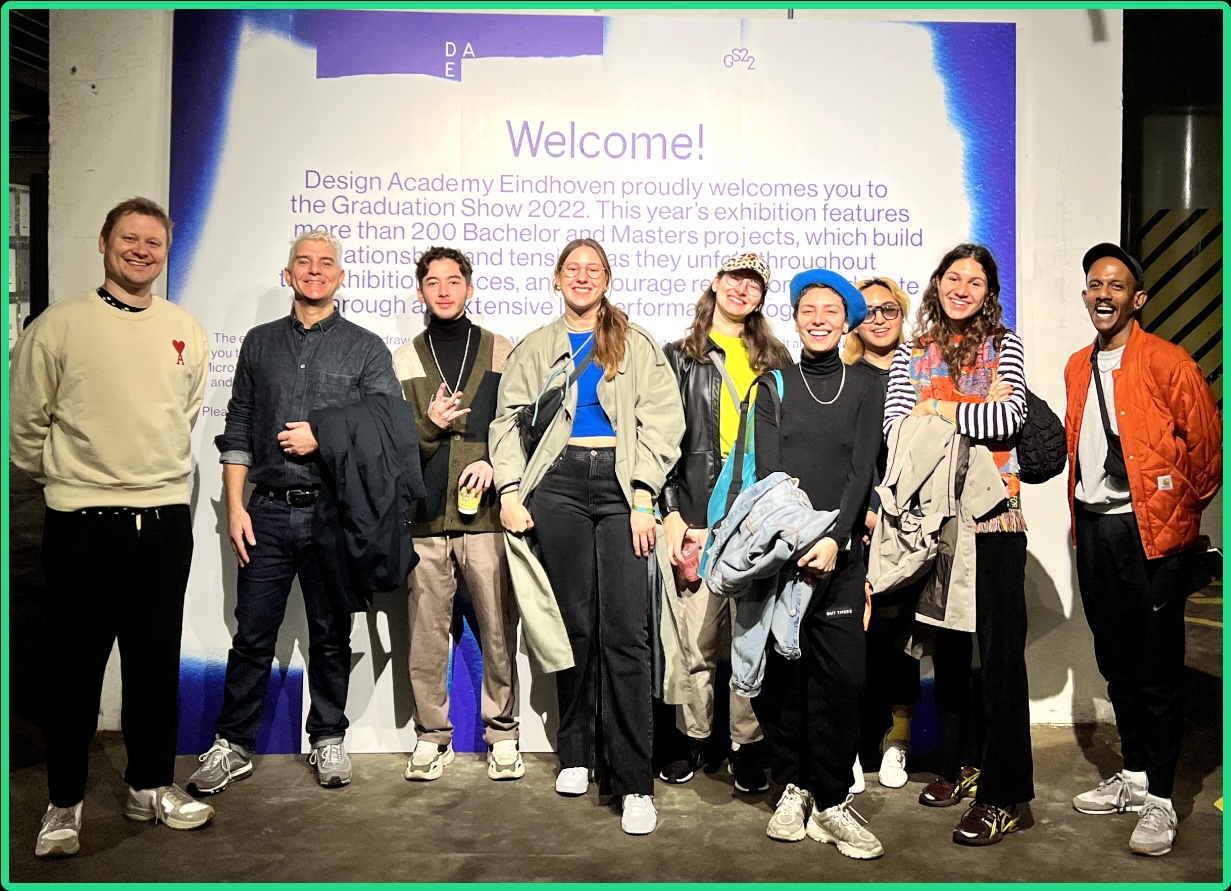


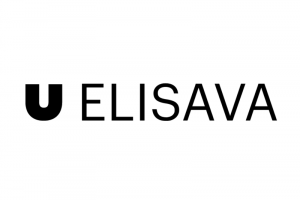

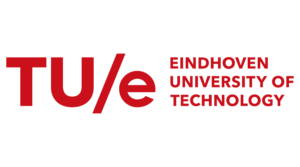

Faculty
Our professors and lectures focus on enabling our students to have meaningful firsthand experiences, guiding them to reflect on these experiences critically, and empowering them to master our challenging interdisciplinary projects.

Martin Knobel
Program Coordinator

Senior Lecturer

Daniel Buzzo
Professor

Lara Piccolo
Senior Lecturer
Learning concept
We’re revolutionising education by breaking away from traditional university methods. Our approach moves beyond rote memorisation and grades to focus on developing essential skills for success in an evolving world, including in emerging fields.
Because CODE stands for Curiosity-Driven Education.
Real-life projects
Each core semester students pitch project ideas to each other and work on real-life projects that ignite their curiosity.
Interdisciplinarity
Students form interdisciplinary project teams across all study programs, combining diverse skills to develop digital products.
Professors as mentors
Our professors take on the role of mentors, offering tailored support for problem-solving and delivering focused learning units as needed.
Self-directed learning
In a world where knowledge is just a click away, we promote dynamic education through self-directed learning and peer collaboration.